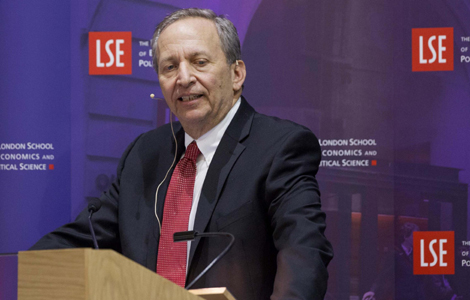From the Chinese Press
Updated: 2013-09-17 08:19
(China Daily)
|
||||||||
Check housing prices and rentals
According to the National Bureau of Statistics, housing rentals increased 4.4 percent in July, which means rentals have continued to rise for the past 43 months. Although people's incomes have also increased during the period, the rate of increase of rentals in large cities has been much higher, says an article in Procuratorate Daily. Excerpts:
The government plans to double urban and rural residents' incomes by 2020. But given the rising housing prices and rentals in cities, the two-fold increase in incomes may not be of much help to the people. Perhaps the government should take some measures to keep housing prices and rentals in check to help urban as well as rural residents to enjoy the benefits of an increase in their incomes.
Rising housing prices and rentals have created an imbalance between supply and demand in the realty market. In first- and second-tier cities, demand exceeds supply because people are more inclined to work in large cities. In Beijing, for example, the supply-demand ratio was 1 to 7.6 in March. This makes it a real sellers' market. Besides, some real estate agencies manipulate the prices creating an artificial crisis in the market.
To change the sellers' market, the government should take steps to increase the supply of housing units both for purchase and rentals. Some housing units are reportedly lying vacant, especially because migrant workers and graduates cannot buy or rent them.
Since an estimated 32.6 million apartments are lying vacant in cities around the country, the government should introduce a "housing vacancy tax" to force builders and developers into lowering their prices to sell or rent them out.
No need to ban English classes
Wang Xuming, former spokesman for the Ministry of Education, has reportedly given a call to cancel English language classes in primary schools in order to strengthen cultural education. This has sparked a public debate, with many people supporting his view and others opposing it. But learning the English language does not harm cultural education, says an article on gmw.cn. Excerpts:
It's true that some schools lay undue emphasis on the learning of the English language, which increases the burden of students and the cost of education. But that does not mean we need to ban English classes, because it's very important for students to have a good working knowledge of the language in today's globalized world.
Moreover, it is important to introduce English in primary school because it's easier for children to learn a new language at a relatively early age. The contradiction between cultural education and learning the English language is not irreconcilable. Children can better understand the relationship between English and Chinese languages if the school syllabus is properly worked out.
Of course, there is no need to lay special emphasis on the English language and neglect the Chinese language. The right balance between the two can be achieved, for example, by reducing the amount of homework and easing the pressure of tests on students.
An average student in China today is judged on the basis of his/her knowledge of the English language. In fact, it helps a candidate to get admitted to a university and even land a job. This forces parents to pressure their children to pay greater attention to English from an early age, increasing their burden. Therefore, the need is for parents to understand that they have to strike the right balance when comes to their children learning English and other subjects.
(China Daily USA 09/17/2013 page12)

 Thirteen dead in US Navy Yard shooting
Thirteen dead in US Navy Yard shooting
 Exporters to face more trade friction
Exporters to face more trade friction
 Toddler-death defendant says he meant no harm
Toddler-death defendant says he meant no harm
 Watchdog bites with no favor
Watchdog bites with no favor
 Miss New York crowned 2014 Miss America
Miss New York crowned 2014 Miss America
 Summers withdraws from Fed chair contest
Summers withdraws from Fed chair contest
 Scientists make land arable again
Scientists make land arable again
 Stranded cruise guests flown home
Stranded cruise guests flown home
Most Viewed
Editor's Picks

|

|

|

|

|

|
Today's Top News
Trending news across China, Sept 17
BRICS pledge cooperation on climate change
CBRC set to regulate 'chaotic' WMPs
Exporters to face more trade friction
Thirteen dead in US Navy Yard shooting
China, US team up on Central Asia
UN confirms nerve gas used in Syria
Minimum growth rate set at 7 percent
US Weekly

|

|






